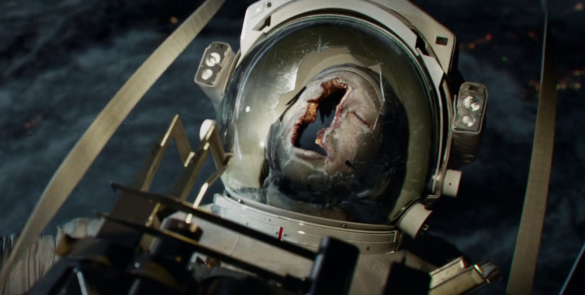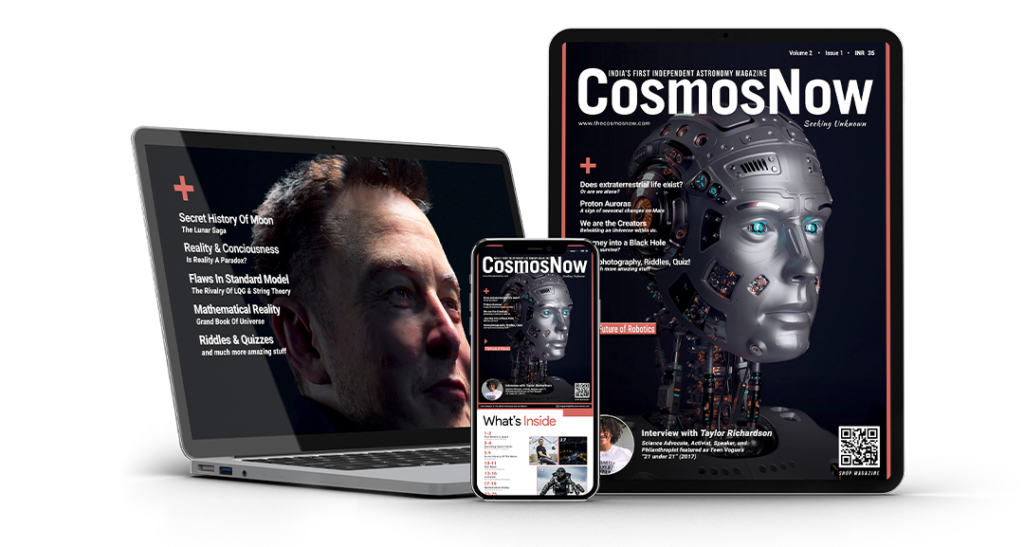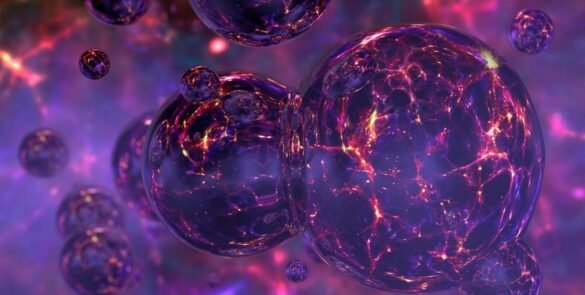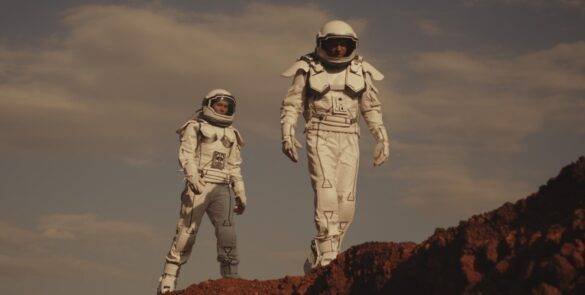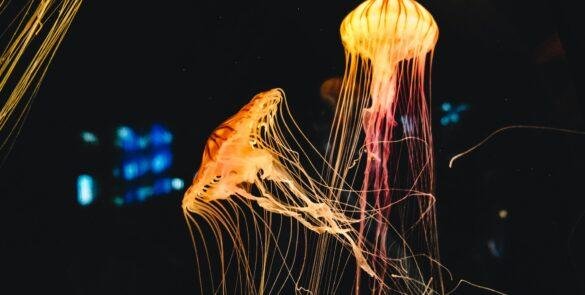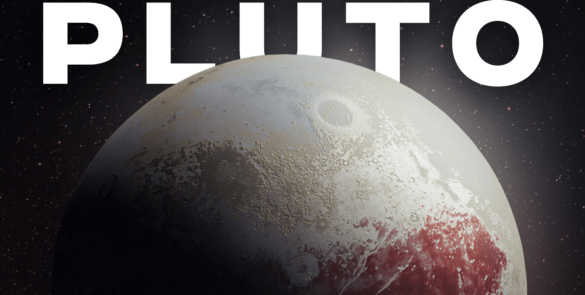Is The Universe Conscious? Quantum Consciousness Explained
- Team WOS
- 8 Mins Read
WOS is supported by its audience. When you purchase through links on our site, we may earn an affiliate commission “from advertisers”, while you don’t need to pay in addition.
Scientists claim consciousness is inherent in even the tiniest pieces of matter as quantum consciousness. Watch this video for a better understanding.
Is the Universe Conscious?
Some of the world’s most renowned scientists believe that the cosmos has an inner life similar to our own. Sounds scary, but what if it’s true? In this video let’s see a few research and proposals by scientists that attempt to show the universe has consciousness. No matter the outcome, we’ll soon learn more about what it means to be conscious and which objects around us might have a mind of their own. Buckle in, as things are about to get weird.
But What Exactly Is Consciousness?
The basic definition of consciousness leaves a lot of questions unanswered. According to the Oxford Dictionary of Psychology, consciousness is the normal mental condition of the waking state of humans, characterized by the experience of perceptions, thoughts, feelings, awareness of the external world, and often in humans’ self-awareness. Scientists simply don’t have one unified theory of what consciousness is. We also don’t know where it comes from, or what it’s made of.
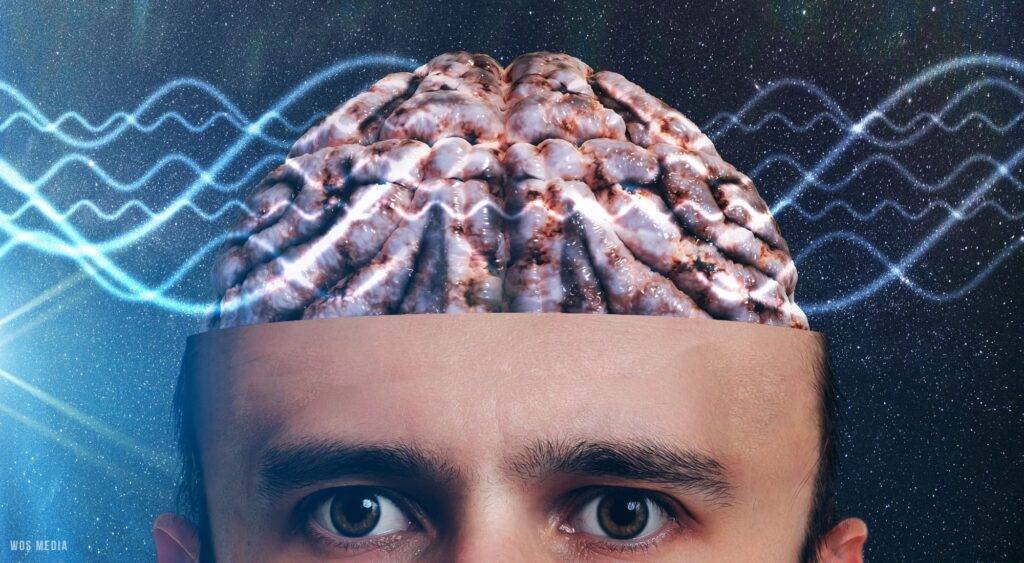
If your brain has almost countless interrelated systems, then the entire universe must have virtually infinite ones.
However, one loophole of this gap is that we can’t totally say other organisms, and even lifeless objects, don’t have consciousness. We, humans, relate to animals and can imagine, for example, that dogs and cats have some amount of consciousness because we see their facial expressions and how they appear to make decisions. But just because we don’t “relate to” rocks, the ocean, or the night sky, that isn’t the same as proving those things don’t have consciousness.
This claims consciousness is inherent in even the tiniest pieces of matter. This idea suggests the fundamental building blocks of reality have conscious experience. Crucially, it implies consciousness could be found throughout the universe.
Quantum Consciousness
It’s also where physics enters the frame. Some scientists have proposed that the thing we think of as consciousness is made of micro-scale quantum physics events somehow fluttering inside our brains and generating conscious thoughts. One of the leading minds in physics, the 2020 Nobel laureate and black hole pioneer Roger Penrose, has written extensively about quantum mechanics as a suspected vehicle of consciousness. In 1989, he wrote a book called The Emperor’s New Mind, in which he claimed that human consciousness is non-algorithmic and a product of quantum effects.

If quantum processes are at work in the brain, it would be difficult to observe how they work and what they do.
What does it mean for human consciousness to be “algorithmic”? Well, an algorithm is simply a series of predictable steps to reach an outcome, and in the study of philosophy, this idea plays a big part in questions about free will versus determinism.
Are our brains simply cranking out math-like processes that can be telescoped in advance? Or is something wild happening that allows us true free will, meaning the ability to make meaningfully different decisions that affect our lives?
If you’re scratching your head or having some uncomfortable thoughts, you’re not alone. But these questions are essential to people who study philosophy and science because the answers could change how we understand the entire universe around us.
The Integrated Information Theory
Many scientists are following Penrose’s example, with the belief that our brains’ micro-processes can be used to model things about the whole universe. The resulting theory is called Integrated Information Theory (IIT). In IIT, consciousness is everywhere, but it accumulates in places where it’s needed to help glue together different related systems.
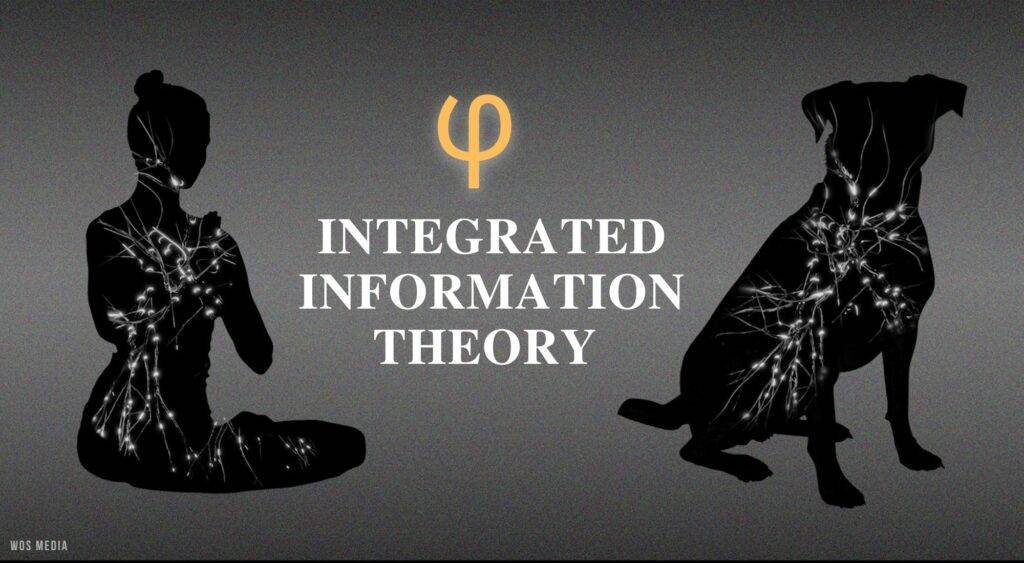
Integrated Information Theory (IIT) offers an explanation for the nature and source of consciousness.
This means the human body is jam-packed with a ton of systems that must interrelate, so there’s a lot of consciousness that can be calculated. The quantity of consciousness in Integrated Information Theory is known as phi. Think about all the parts of your brain that work together to, for example, form a picture and sense memory of an apple in your mind.
The most revolutionary thing about IIT is that it’s not related to just the human brain. It states that consciousness isn’t biological at all, but rather is simply this value, phi, that can be calculated if you know a lot about the complexity of what you’re studying.
If your brain has almost countless interrelated systems, then the entire universe must have virtually infinite ones. And if that’s where consciousness accumulates, then the universe must have a lot of phi.
Hey, I told you this was going to get weird!
Scientists are actively engaged in experimental tests of these ideas. One approach is to study brain-impaired patients to see if their information responses align with biological measures of their consciousness. Though we, at the World Of Science Media, don’t support cruel animal experiments, a lot of scientists have proposed an approach of wiring the brains of two mice together and seeing how the integrated consciousness of the animals changes as the amount of information flowing between them is increased.
At some point, according to integrated information theory, the two should merge into a single, larger information system. Eventually, it should be possible to run such experiments with humans, wiring their brains together to see if a new type of consciousness emerges.
Quantum Reality
Even systems that we don’t consider alive could have a little bit of consciousness, according to IIT. From this perspective, the universe may not exactly be thinking, but it still has an internal experience intimately tied to our own.
This brings us to Roger Penrose and his theories linking consciousness and quantum mechanics. His argument is that self-awareness and free will begin with quantum events in the brain that inevitably links our minds with the cosmos. Penrose sums up this connection beautifully in his book “The Road to Reality“.

Most neuroscientists believe that the brain operates in a classical manner. However, if brain processes rely on quantum mechanics, it could explain why our brains are so powerful.
Despite his high reputation as a physicist, Penrose has encountered resistance to his theory of consciousness. Ever since the 1920s, physicists have puzzled over the strangely privileged role of the observer in quantum theory. A particle exists in an undefined state of uncertainty but only until it is observed. As soon as someone looks at it and takes its measurements, the particle seems to collapse into a definite location.
The late physicist John Wheeler concluded that the apparent anomaly of quantum mechanics was built on an even grander and more bizarre truth: that the universe as a whole decays in a state of uncertainty and snaps into a clear, actual being when observed by a conscious being, that is, us.
These proposals and wild speculations bring us closer to the quest to find out if our human minds are just tiny components of a much greater cosmic brain. Yet if it is proven that consciousness plays a role in the universe, it would have huge consequences for the scientific view of the world.
So, what’s your thought about Consciousness? Let us know in the comments. Do follow us on Instagram for daily quality content that’ll make you fall in love with science.
Share this article
Team WOS
Share this article
Neil deGrasse TysonThe Universe is under no obligation to make sense to you.
Latest posts
We have learned many partial truths and some remain with us even when we are studying higher courses. Let’s look up such partial truths that are very common...
How do the animals and birds view the world around them? Do they perceive everything just like a human? Let's understand the basic anatomy of the eyes of...
What will the conditions be for the human body in space? How much difference a human being would feel while being in space? Space is scary and lonely, and conditions are...
Here is a list of the best science books that'll take you deep into the ocean of science. Books fueled the mighty revolutions in human history and produced...
Trending Articles
How did the universe begin? Let’s dive deep into the origin of the Universe and the weirdest theories about it. For example, let’s go to ancient Greece. From...
The universe is filled with breathtaking views, shiny stars, glowing galaxies, pulsating magnetars, dark wandering planets, and whatnot. Let us take a trip to some magnificent and best travel spots in the solar system.
Blockchains can be understood simply as a transparent distributed ledger system. A ledger is a book or collection of accounts in which transactions...
The animal kingdom has evolved from unicellular organisms to gigantic dinosaurs and intelligent social animals, like us, Human beings! Throughout this evolutionary history, different species have left some characteristics or gained something new depending upon
What will the conditions be for the human body in space? How much difference a human being would feel while being in space? Space is scary and lonely, and conditions are...
Is Pluto a planet or not? The debate over its classification rages on, with some scientists advocating for a return to its original status. The controversy over Pluto's planetary status raises larger questions about how we define and categorize objects in space



